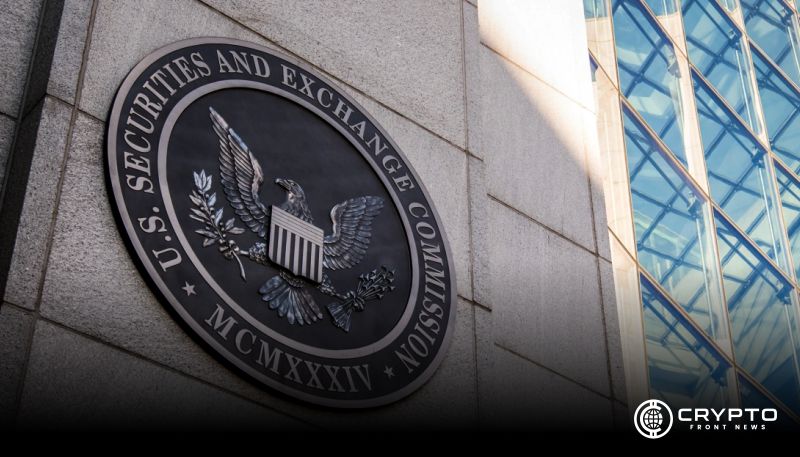- SEC Chair Gary Gensler predicts Bitcoin is unlikely to become a common payment method, but it remains a store of value instead.
- Merchant adoption of Bitcoin has declined due to transaction inefficiencies and volatility, despite early enthusiasm.
- Gensler criticized the crypto industry for fraud and insisted existing regulations, like the Howey Test, are enough for oversight.
U.S. Securities and Exchange Commission Chairman Gary Gensler has voiced a grim assessment of the cryptocurrency industry, describing it as rife with “fraudsters” and “grifters.” During his remarks at an event hosted by the New York University School of Law, Gensler suggested that the sector’s future is at risk unless it adheres to strict regulations. This follows his earlier warning that the crypto industry would not survive without following existing rules.
Bitcoin’s Limited Adoption as Currency
Gensler also expressed doubts about Bitcoin’s viability as a widely accepted payment method. Contrary to early beliefs that Bitcoin would serve as a “peer-to-peer cash system,” the SEC chair argued that it is more likely to remain a store of value, much like digital gold. Despite Bitcoin’s initial push for merchant adoption, Gensler noted that it has struggled due to slow transaction speeds and high costs.
Merchant Adoption Decline
The number of merchants accepting Bitcoin had peaked early, with payment processor BitPay experiencing rapid growth in 2013. However, by 2017, the trend reversed as fewer merchants embraced the cryptocurrency. Gensler highlighted that the volatility of Bitcoin’s value, coupled with the advent of more efficient centralized payment systems, diminished the demand for crypto payments. Despite Bitcoin advocates promoting the cryptocurrency as a gold-like store of value, widespread use for everyday transactions remains unlikely.
Challenges for the Crypto Industry
Gensler’s skepticism extends beyond Bitcoin. He criticized the crypto industry for its proliferation of fraudulent activities. Several prominent crypto figures have faced legal action in 2024, with some being imprisoned or deported. Gensler emphasized that the current regulatory framework, notably the Howey Test, is sufficient to oversee crypto assets without the need for additional regulations. His comments reflect ongoing concerns about the future of digital currencies as regulators tighten control over the industry.





